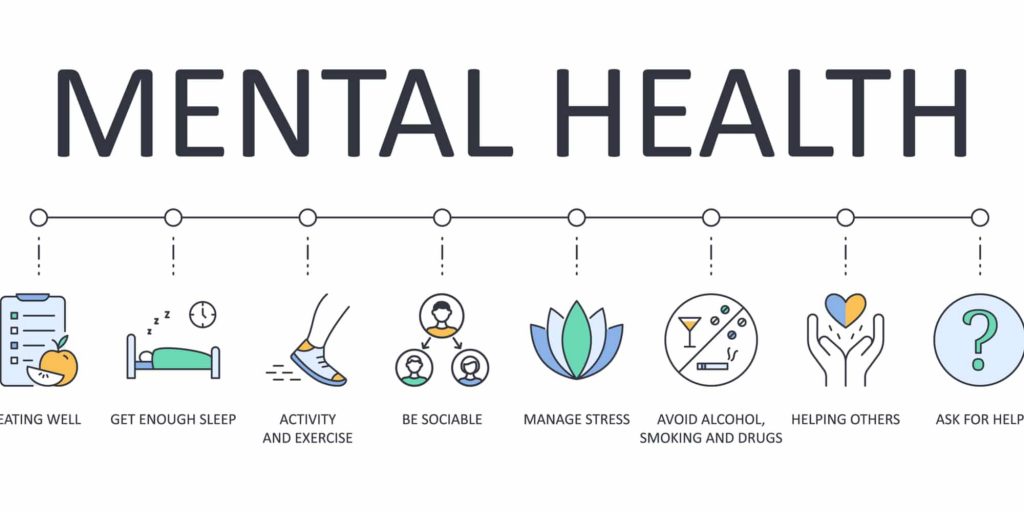Contents
Images References :
Incorporating yoga into your routine can provide a myriad of benefits for both your physical and mental well-being. Regular yoga practice can enhance your flexibility, reduce stress, and improve your overall sense of relaxation.
Mindfulness is a key aspect of yoga that involves paying attention to the present moment without judgment. When you practice yoga with mindfulness, you become more aware of your body, breath, and thoughts. This heightened awareness can help you to deepen your stretches, relax more deeply, and experience greater benefits from your practice.
To reap the benefits of mindful yoga, it is important to approach your practice with a non-competitive mindset. The focus should not be on achieving a perfect pose but rather on finding a comfortable and sustainable position that allows you to move with ease and grace.
Mindful yoga practices for flexibility and relaxation
In essence, mindful yoga combines the physical benefits of traditional yoga with the mental benefits of mindfulness meditation. By practicing yoga with mindfulness, you can experience:
- Improved flexibility
- Reduced stress
These two benefits are just the tip of the iceberg when it comes to the positive effects of mindful yoga. Regular practice can also lead to improved balance, increased strength, better sleep, and a greater sense of well-being.
Improved flexibility
One of the most well-known benefits of yoga is its ability to improve flexibility. This is due to the fact that yoga poses involve stretching and lengthening the muscles. When you practice yoga with mindfulness, you are more likely to focus on your breath and to move slowly and gently into each pose. This allows your muscles to relax and lengthen more deeply, leading to increased flexibility.
- Increased range of motion
Improved flexibility can lead to an increased range of motion in your joints. This can make it easier to perform everyday activities, such as reaching for something on a high shelf or getting out of a chair. Increased range of motion can also reduce your risk of injury.
- Reduced muscle tension
Yoga can help to reduce muscle tension by stretching and relaxing the muscles. This can relieve pain and stiffness, and improve your overall posture.
- Improved circulation
Yoga can also help to improve circulation by increasing blood flow to the muscles. This can help to reduce inflammation and promote healing.
- Enhanced athletic performance
Improved flexibility can enhance athletic performance by reducing the risk of injury and improving range of motion. This can be beneficial for athletes of all levels, from beginners to professionals.
If you are looking to improve your flexibility, mindful yoga is a great option. With regular practice, you can experience all of the benefits listed above and more.
Reduced stress
In addition to improving flexibility, mindful yoga can also help to reduce stress. This is due to the fact that yoga combines physical activity with mindfulness meditation. Physical activity is known to release endorphins, which have mood-boosting effects. Mindfulness meditation, on the other hand, helps to reduce stress by calming the mind and body.
- Reduced cortisol levels
Cortisol is a hormone that is released in response to stress. Yoga has been shown to reduce cortisol levels, which can lead to a decrease in stress and anxiety.
- Improved sleep
Yoga can also help to improve sleep quality. This is because yoga reduces stress and promotes relaxation, both of which can lead to better sleep.
- Increased sense of well-being
Yoga can also help to increase your sense of well-being. This is because yoga promotes mindfulness, which can help you to focus on the present moment and appreciate the good things in your life.
- Reduced risk of stress-related health problems
Chronic stress can lead to a number of health problems, including heart disease, stroke, and diabetes. Yoga can help to reduce stress, which can lower your risk of developing these health problems.
If you are looking to reduce stress, mindful yoga is a great option. With regular practice, you can experience all of the benefits listed above and more.
FAQ
Here are some frequently asked questions about mindful yoga practices for flexibility and relaxation:
Question 1: What is mindful yoga?
Mindful yoga is a type of yoga that combines the physical benefits of traditional yoga with the mental benefits of mindfulness meditation. When you practice mindful yoga, you focus on your breath and your body, and you move slowly and gently into each pose.
Question 2: What are the benefits of mindful yoga?
Mindful yoga has a number of benefits, including improved flexibility, reduced stress, and increased relaxation. It can also help to improve sleep, boost your mood, and reduce your risk of stress-related health problems.
Question 3: How often should I practice mindful yoga?
You can practice mindful yoga as often as you like. However, most experts recommend practicing for at least 30 minutes, three times per week.
Question 4: Do I need any special equipment to practice mindful yoga?
No, you do not need any special equipment to practice mindful yoga. However, you may want to use a yoga mat for comfort.
Question 5: Can beginners practice mindful yoga?
Yes, beginners can practice mindful yoga. However, it is important to start slowly and to listen to your body. If you have any injuries or health concerns, be sure to talk to your doctor before starting a yoga practice.
Question 6: Where can I find mindful yoga classes?
You can find mindful yoga classes at many yoga studios, fitness centers, and community centers. You can also find online mindful yoga classes.
Closing Paragraph for FAQ: Mindful yoga is a great way to improve your flexibility, reduce stress, and increase relaxation. If you are looking for a way to improve your overall health and well-being, mindful yoga is a great option.
Now that you know more about mindful yoga, here are a few tips to help you get started:
Tips
Here are four tips to help you get started with mindful yoga:
1. Start slowly and listen to your body. If you are new to yoga, it is important to start slowly and to listen to your body. Do not push yourself into poses that you are not comfortable with. If you experience any pain, stop the pose and rest.
2. Focus on your breath. When you practice mindful yoga, focus on your breath. Inhale and exhale slowly and deeply. Allow your breath to guide your movements.
3. Be patient and consistent. It takes time to develop flexibility and relaxation through yoga. Be patient with yourself and practice regularly. The more you practice, the more benefits you will experience.
4. Find a qualified instructor. If you are new to yoga, it is helpful to find a qualified instructor who can guide you through the poses and help you to develop a safe and effective practice.
Closing Paragraph for Tips: Mindful yoga is a great way to improve your flexibility, reduce stress, and increase relaxation. By following these tips, you can get started with mindful yoga and experience all of the benefits it has to offer.
Conclusion: Mindful yoga is a gentle and effective way to improve your physical and mental well-being. By practicing mindful yoga regularly, you can experience all of the benefits listed in this article and more.
Conclusion
Summary of Main Points:
In this article, we have discussed the benefits of mindful yoga practices for flexibility and
– **Improved Flexibility**
– **Reduced Stress**.
We have also provided some tips to help you get started with mindful yoga. By following these tips, you can experience all of the benefits that mindful yoga has to offer.
We encourage you to give mindful yoga a try. It is a safe and effective way to improve your physical and mental well-being. With regular practice, you will experience greater flexibility, reduced stress, and increased Relaxation.




